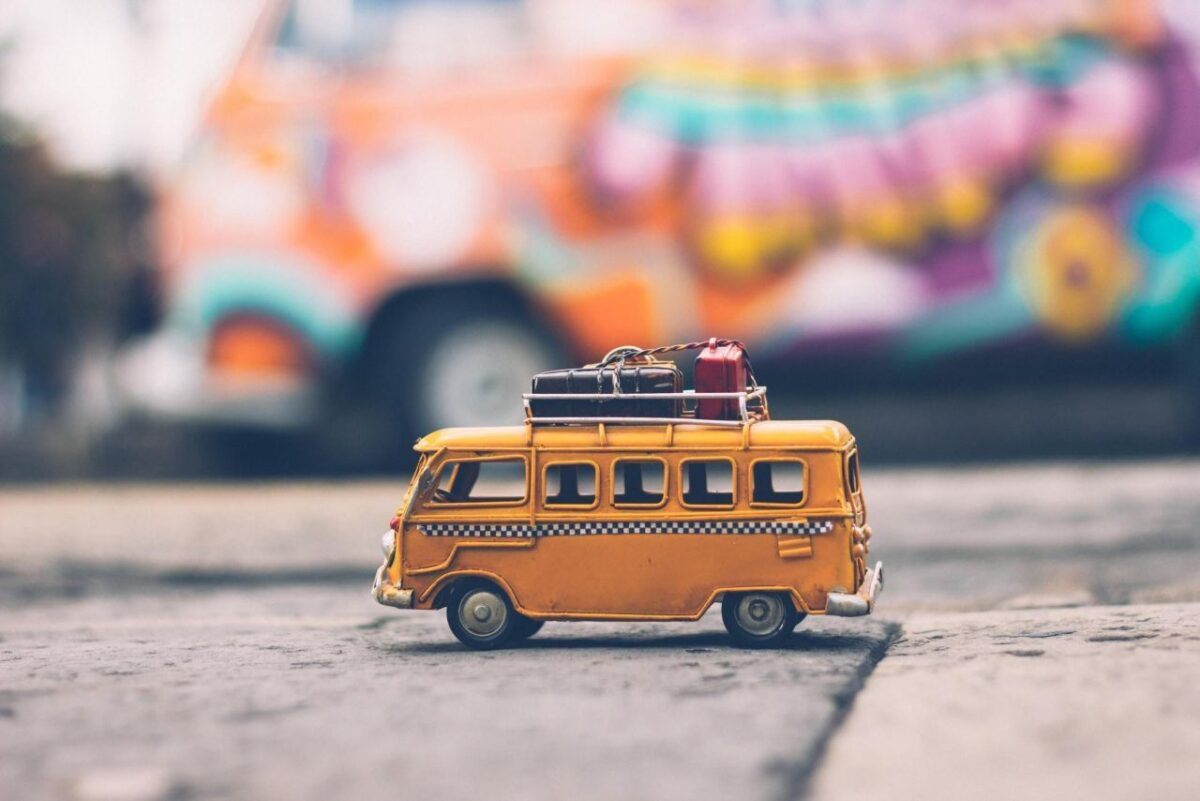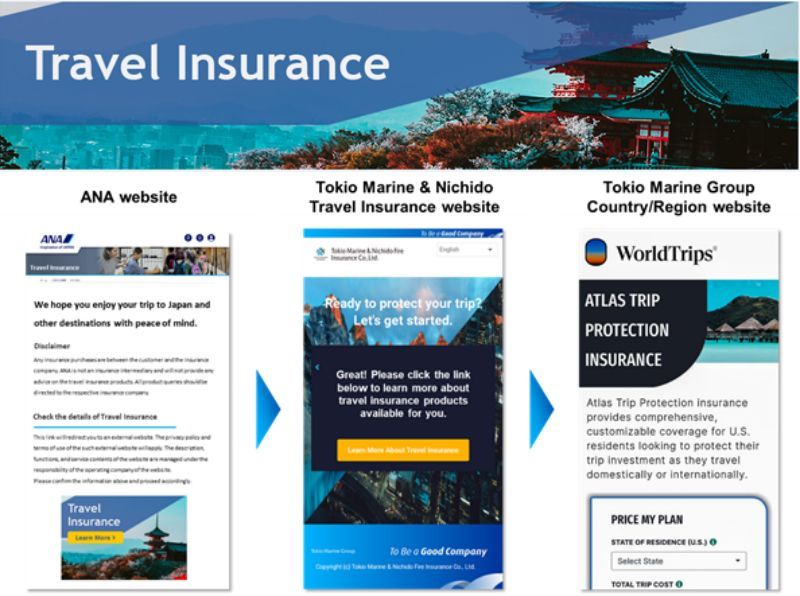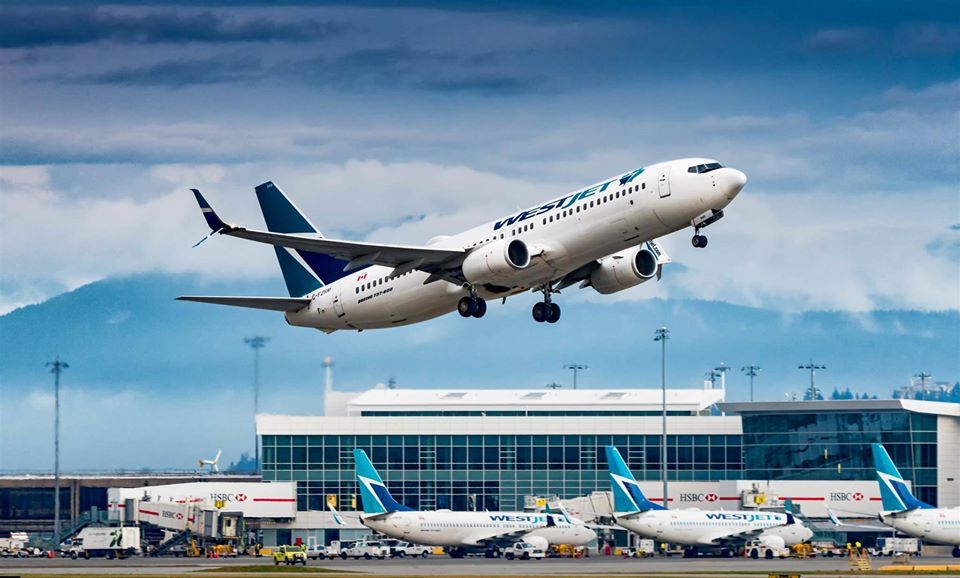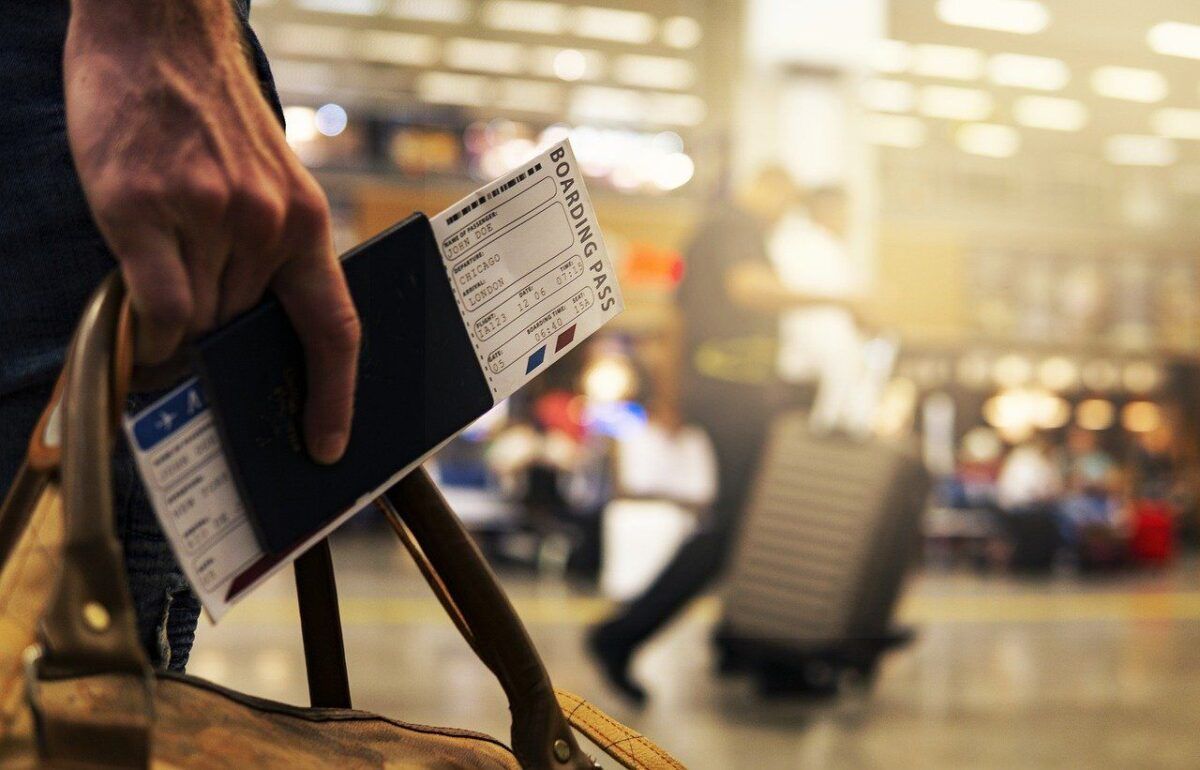After months of strict lockdowns restrictions finally started easing. Holidays resumed, flights for leisure rather than just emergency repatriation, cafes and pubs reopened.
And on July 15, 2020, perhaps the official end of lockdown as we knew it came: Disneyland Paris opened its doors to visitors once more! Finally, time to breathe a sigh of relief, right?
Not exactly. Perhaps that positivity came a little too early, with virus cases seeing quick upticks in holidays hotspots such as Spain. Stories of stranded tourists and those rushing to get back are becoming increasingly common; in mid-August, British tourists rushed back from France to avoid the dreaded 2-week quarantines.
Things may get worse before they get better. We may start seeing complete shutdowns of borders, like those seen at the start of lockdown. If you’re planning on going abroad in the short term, consider being prepped if you’re stuck inside your destination’s borders.
Before You Travel: Insurance
You don’t want to travel without insurance. I repeat you don’t want to travel without insurance. For some travelers, this advice is quite obvious, but a frightening number of people never take out any sort of insurance (as many as 28%, according to one survey).
My advice is to be part of the smart 72%. Especially in today’s murky travel situation. Insurance companies were slow to respond to Covid-19, and many still don’t offer any sort of travel insurance related to the pandemic.
The list of those that do, however, is slowly increasing. It’s now possible to obtain insurance that covers Covid-19 medical expenses and coronavirus-related cancellations.
You’ll have to read the small print, more so than ever. Coverage is very specific, with companies careful to not be caught out with unexpected expenses. Make sure your insurance covers both medical and cancellation.
Your Cash Situation
You must ensure your cash situation is sorted before you head out. Don’t plan on having just the right amount of spending money while you’re out there, as your stay may end up being longer than planned.
Have enough cash to get you through an extra week or two (though don’t carry too much physical cash, just the bare survival minimum). For additional funds, use providers that make it easy to transfer between EUR and GBP accounts, for example. Revolut is a reliable choice in this regard.
Using money transferring companies as a last resort? Approach this with caution, as cybercrime is, unfortunately, becoming increasingly common. Use companies that are well versed with these threats, and implement bulletproof protection systems to keep your data safe, such as those employed by gambling companies, who will often need your photo ID before a transaction can take place (they have a lot of experience with cybercrime!).
American? Join STEP
The United States has released the Smart Traveler Enrollment Program (STEP), which is 100% free and gives U.S. citizens going abroad a number of useful benefits:
- Registers your trip with the consulate or embassy at your destination.
- You’ll get important info directly from the embassy about conditions at your destination, including advice on what you should do.
- The US Embassy will be in a better position to contact you and members of your family, should something happen.
If you’re not a U.S. citizen, try and find out if your country offers a similar program. The UK doesn’t have an app or program, but it does have detailed advice on its government site. Always ensure you save your embassy or consulate’s contact details in your phone before you travel. Have a plan on how to get there if you need to.
Finally, Keep Trying to Get Home
When restrictions were declared in the early days of the pandemic, commercial flights were canceled rapidly and with little notice. People scrambled to find new options, with many ending up stuck and with no alternatives. In June, we started seeing this effect once more. Beijing, for example, canceled 60% of commercial flights amid its newest outbreak.
My final piece of advice is to fight for that journey home. While it may be inevitable that you’ll have to sit tight and wait for a new airplane ticket, never stop trying to book an alternative way to return to your home country. Yes, it may be expensive, and it’s not something everyone will be able to afford, but if it’s within your means, keep trying.
Hassle travel agents. Hustle and find unorthodox ways to get back. I’ve heard stories of people catching a bus, then a train, renting a car, then grabbing an EasyJet flight for the last leg of the journey. Get creative. It’ll be tough, sure, but at least you’ll get back home.










